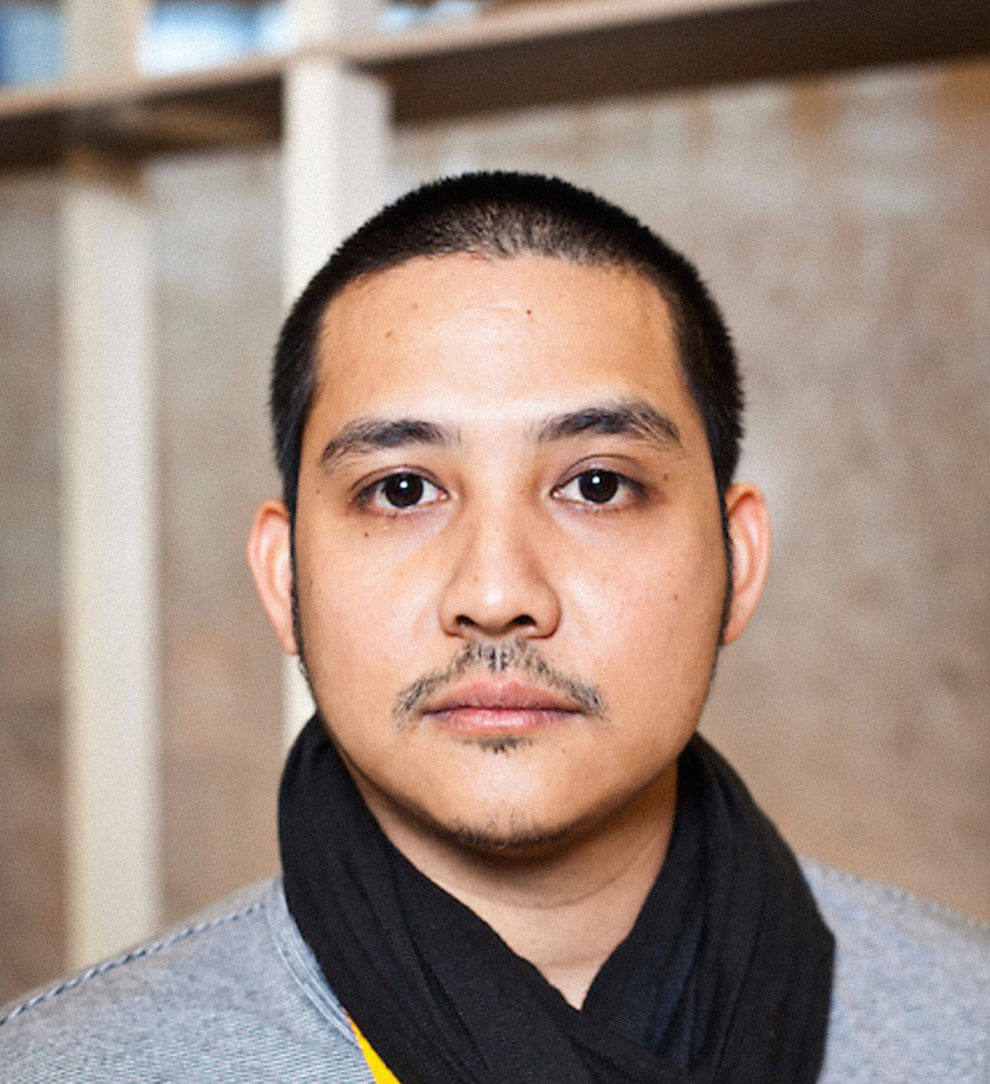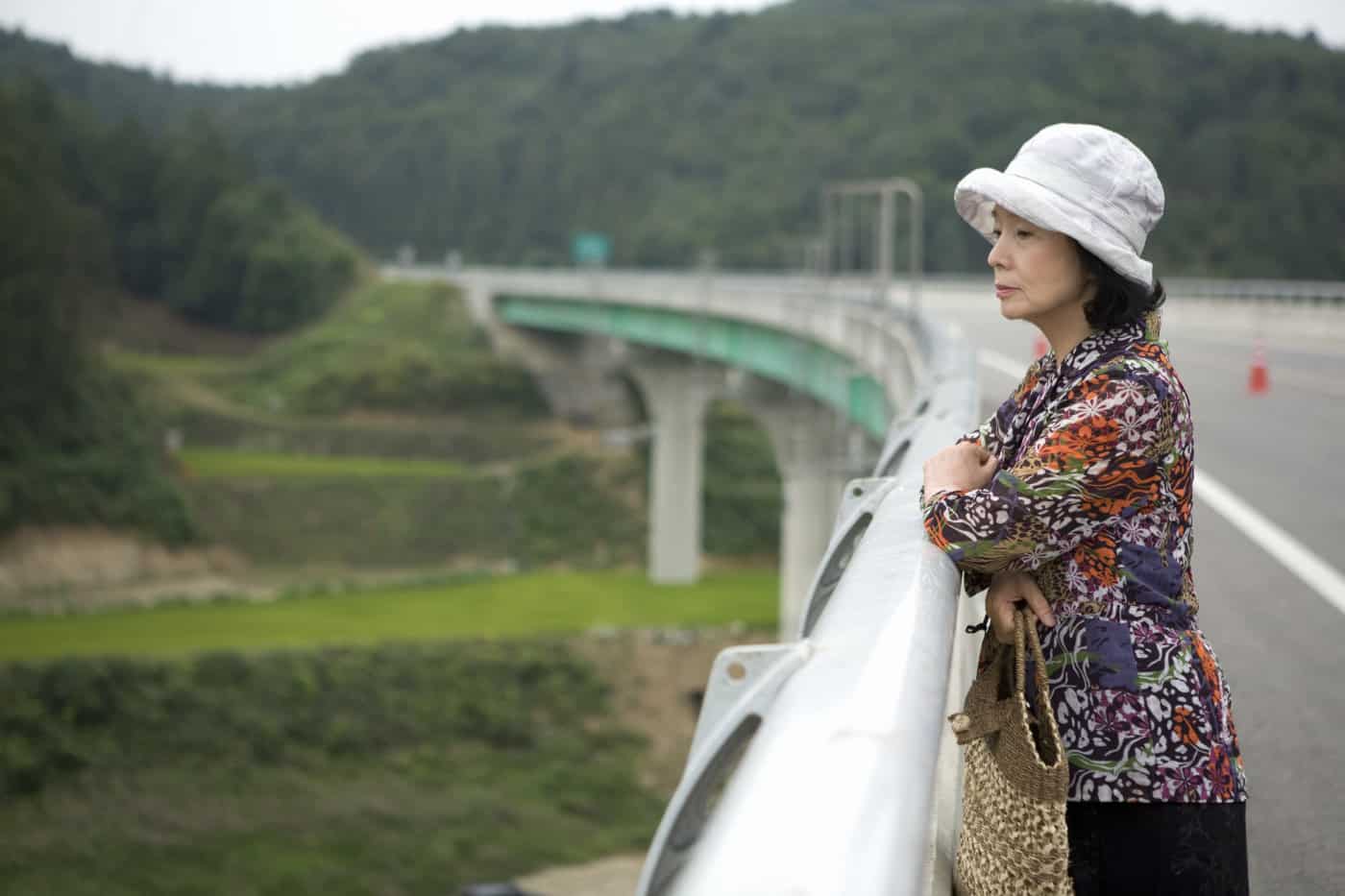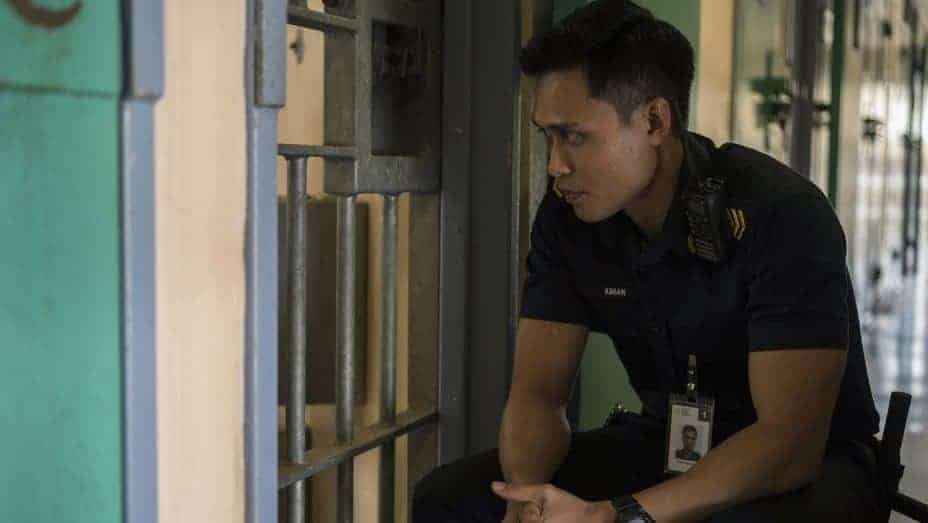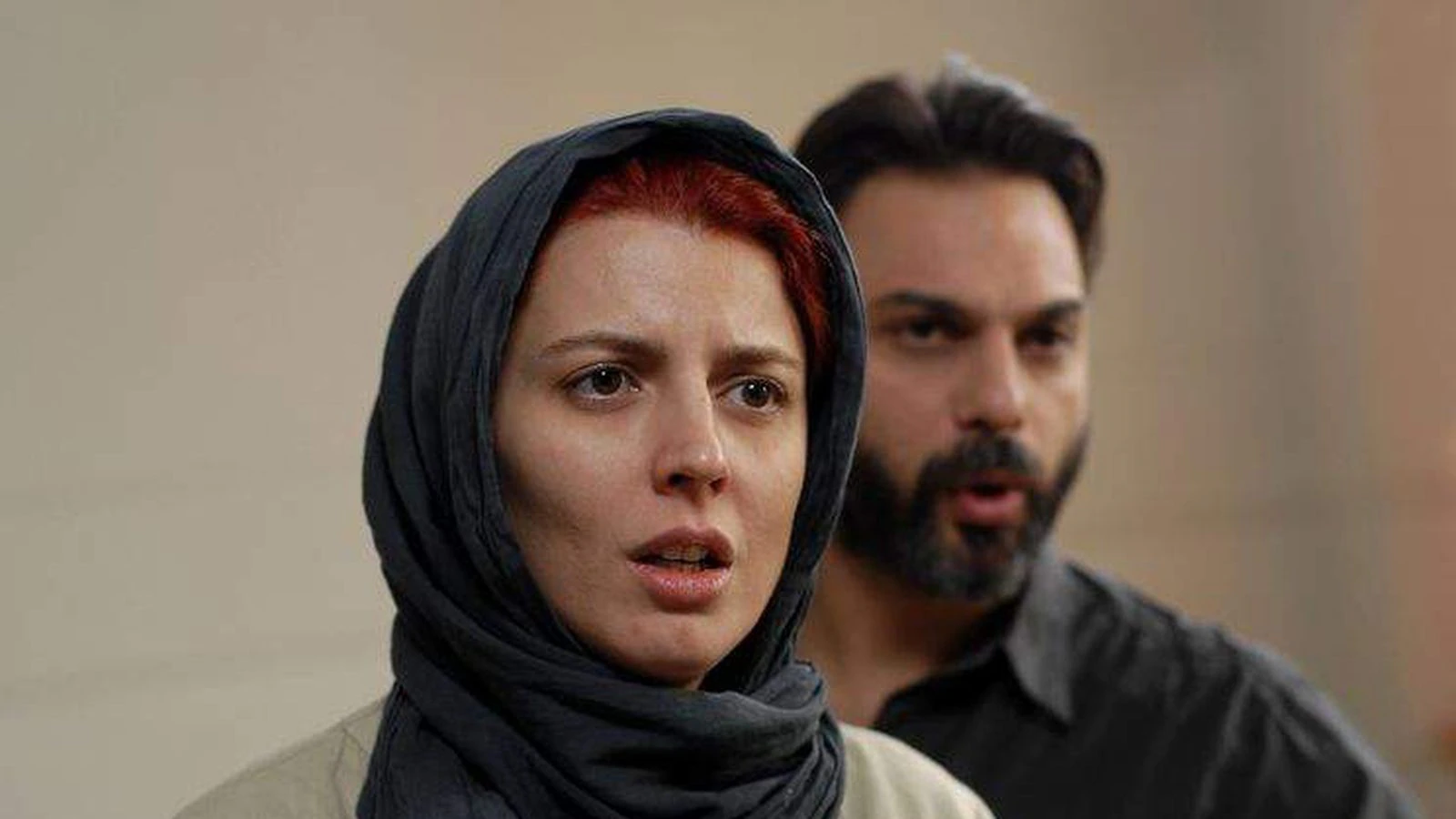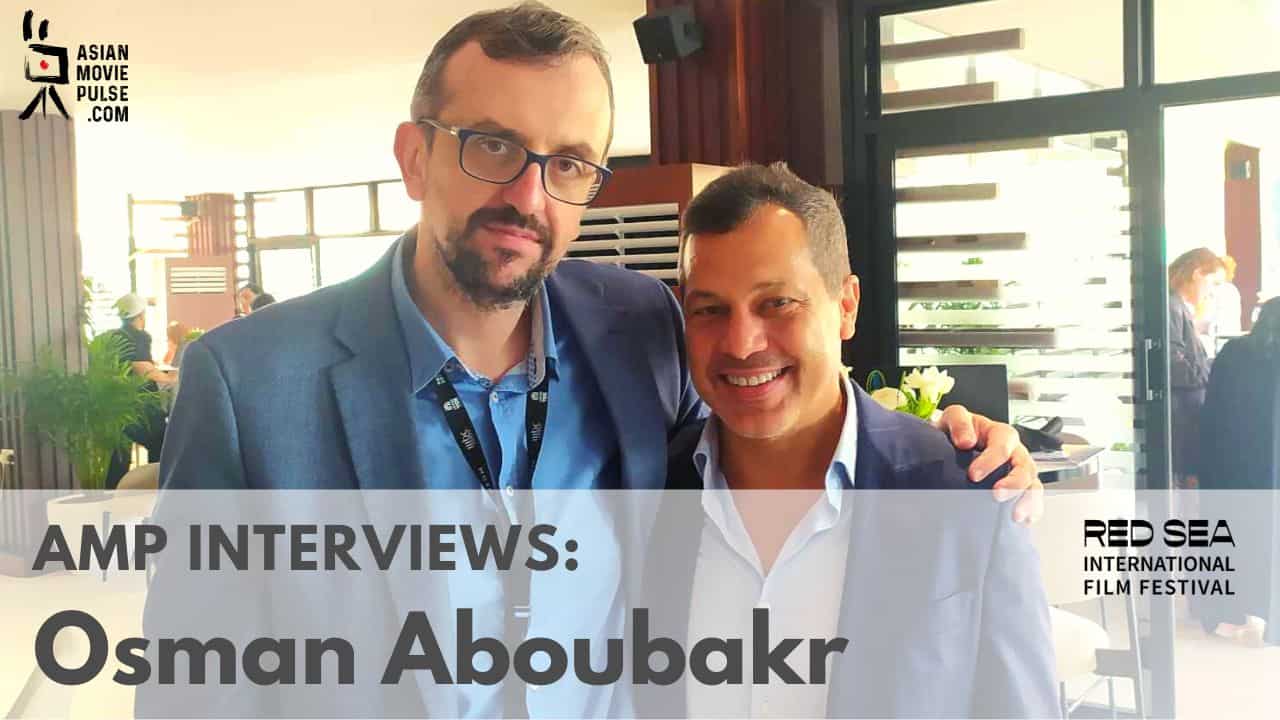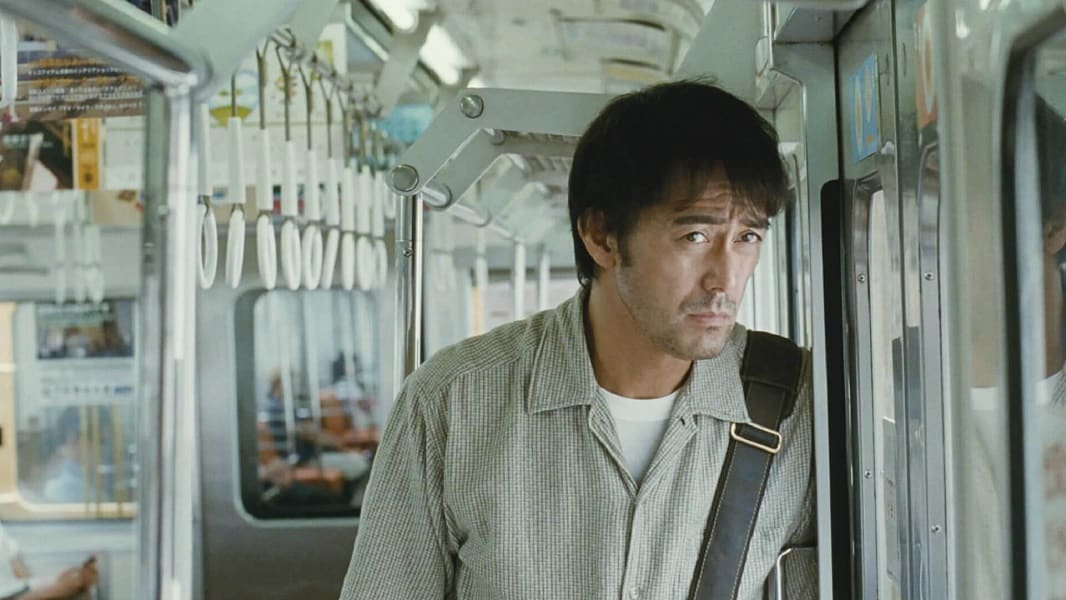Exactly four months ago, Jakrawal Nilthamrong's third feature Anatomy of Time had its world premiere at the Venice International Film Festival in the competitive Orizzonti section. The film was since then shown at multiple significant film festivals to critical acclaim, and it bagged the Grand Prize for Best Film in Tokyo.
The past has shaped the nature of a couple's relationship: silent, loveless but marked with strange loyalty. Their togetherness is painted through the narrative that loops through two timelines, from bonding during the politically fragile period to the now. We spoke to Jakrawal Nilthamrong about the focus on the female perspective, how to use a sensitive period as background without making it part of the storyline, and about the importance of physical performance.

In “Anatomy of Time”, the narrative relies on the performances of four actors playing a couple in different time frames. Could you tell us something about your choice to show a very sensitive chapter of the country's history in the 1st part of the movie without the political comment, but still presenting a small bit of its rather problematic past?
It is true that I do not directly mention the history of Thai politics. It's because the power struggles are an endless cycle of ups and downs. Whether in Thailand or other countries. I didn't want to make a political movie, but I try to reflect its impact through personal history, such as that of one couple's relationship spanned over 50 years.
The film is shown through the female perspective, raw and credible. What inspired you to take that approach?
The inspiration of AOT came from a personal story. For more than ten years, my father, who was an army general, had been seriously ill. I saw my mother tirelessly taking care of him with great dedication. In his final year, we went in and out of the hospital almost every other week. I think the bond of love between the two was long gone. But for some reason, she was committed to taking care of her husband as best as she could. I was trying to understand that endurance. I never asked. But I think she indirectly taught me through all the torment in her life. For me, that experience opens up opportunity to see the nature of suffering as transcending.
We could say that the film speaks about the roles we inherit by birth, unaware of, but stubbornly sticking to. What was the most surprising aspect of your research to depict the story that way?
I started writing the script out of curiosity about suffering bondage. At some point I was ordained as a Buddhist monk in a forest monastery. By observing the nature of immanence and transcendence I became interested in ‘what is being' and ‘what is becoming', which I tried to portray in the film.
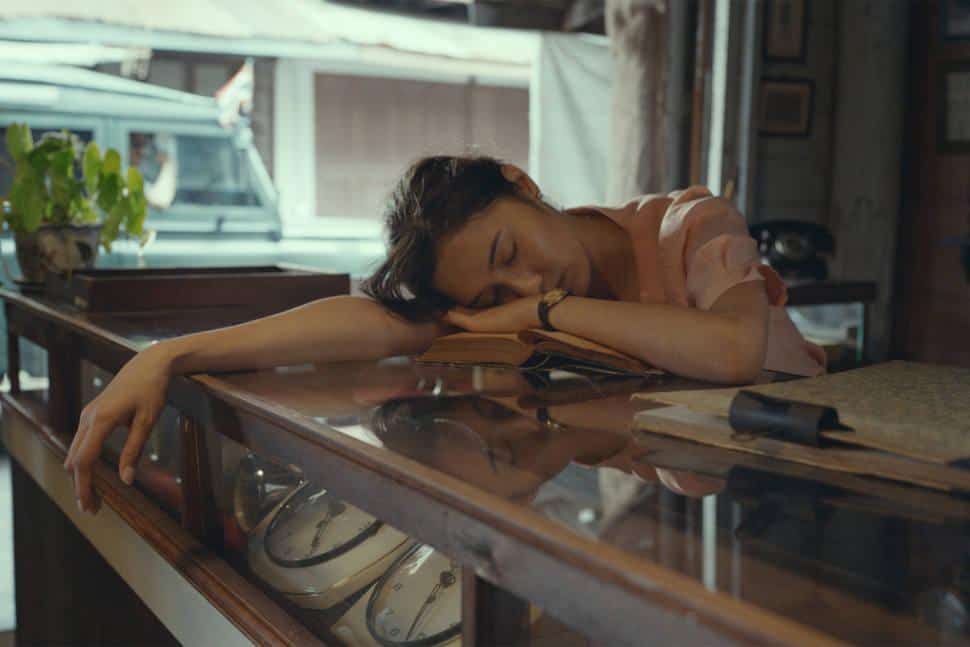
“Anatomy of Time” is stingy in dialogues, but strong in physical performance. How did you work with your actors to achieve that level of credibility?
The first intention of making this movie was heading toward realism. Both in terms of the way of filming and acting. In the present part, which is the story of old people, the cast learned how to care for the elderly from a real nurse. In addition, the filming location was my mother's house. We filmed just two months after my father died. The house conditions and some of the props were those that my mother used to take care of my father in her daily life. It was like make-believe to the actors in a way.
Was there any place for improvisations?
We had acting workshop and rehearsal for some scenes. For the actors, there weren't a lot of improvisation. But for the art department and camera team, we adjusted the shooting plan according to the situation to support the acting condition as much as possible.
Can you tell us something about the casting process for the ‘younger generation' of spouses?
Finding actors for this film was quite challenging. The old couple were characters we had been searching for years. Only after we knew that Thaveeratana and Sorabodee were on board with us so we could confirm the young couple. Prapamonton and Wanlop are exceptional talents. They are fearless and very committed to the project.
What was the most challenging part of your creative process to make the film possible?
The approach towards realism made the project more difficult but exciting. On the script, many scenes are full of nature images such as wild honey hunting, a dog giving birth to puppies, as well as the scene that we follow the birth of a tree from bird poop. These scenes require careful planning.
Where did you shoot the film, and how long did the shooting take?
The main filming locations and methods of the two parts are clearly different. The former part is set to be imaginary or fantasy, while the present part is to make it realistic. The filming of the past part took place before the outbreak of the covid-19 and that caused us to suspend filming for about 6 months before restarting. So the filming period was about 30 shooting days spanned between 8 months.
What is the most precious thing you've brought back from the making of the movie?
I started the project with a question. And I discovered the answer after I had a chance to listen to stories where viewers shared their personal experiences about their marriages, their parents or even grandparents. It made me understand the universality of the problem and how the film touches certain people.
What is your opinion about the Thai movie industry at the moment?
The culture of watching movies in cinemas is disrupted by new technology and the pandemic, which is probably the same thing happening all over the world. However, I think that watching movies in theater will not die out, but it will become an important event like going to live performance with limited time and only for specific audience.
Are you working on any new projects?
Yes, my new project is about fungi and the unexploded bomb in Laos.


